Chinese scientists have reported the discovery of a previously unknown strain inside the Tiangong space station, marking the first time a novel species has been reported from China's orbital habitat, CCTV reported on Saturday.
The strain, officially named Niallia tiangongensis, was described in a peer-reviewed paper published in the International Journal of Systematic and Evolutionary Microbiology. "Understanding the characteristics of microbes during long-term space missions is essential for safeguarding the health of astronauts and maintaining the functionality of spacecraft. In this study, a Gram-positive, aerobic, spore-forming, rod-shaped strain JL1B1071? was isolated from the surface of hardware on the China Space Station," the article stated.
The work forms part of CHAMP (China Space Station Habitation Area Microbiome Program), an ongoing, full-cabin monitoring effort that tracks microbial dynamics during long-term station operations. In May 2023, the Shenzhou-15 crew collected surface swabs across multiple modules, freezing the samples in-orbit before returning them to Earth for genomic and metabolic analysis, according to the CCTV report.
Researchers used high-resolution imaging, whole-genome sequencing, and phylogenetic comparative approaches to confirm that the strain belongs to the genus Niallia within the family Cytobacillaceae but is genetically distinct from its closest terrestrial relatives.
Laboratory tests show the Gram-positive, aerobic, spore-forming, rod-shaped strain exhibits structural and functional differences in proteins BshB1 and SplA, which may enhance biofilm formation, oxidative stress response and radiation damage repair, supporting its survival in the space environment, according to the published article.
According to the CCTV report, the discovery offers two major takeaways. First, decoding the microbe's survival mechanism could guide precisely targeted control strategies, helping engineers design interventions for spacecraft, agriculture, industry and medicine. Second, the species' ability to break down specific organic compounds suggests new, sustainable methods for converting waste into useful resources, both in orbit and on Earth.
With Tiangong's continuous operation, a "bumper harvest" of novel genetic and metabolic discoveries is anticipated, according to the CCTV report, which added that insights gained in orbit could lead to new applications on Earth.








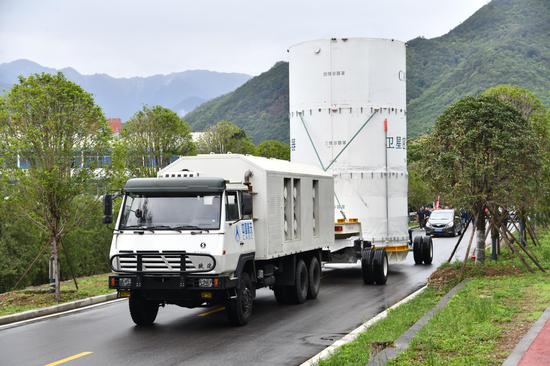

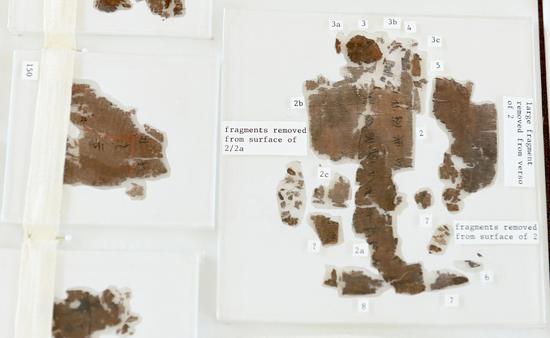





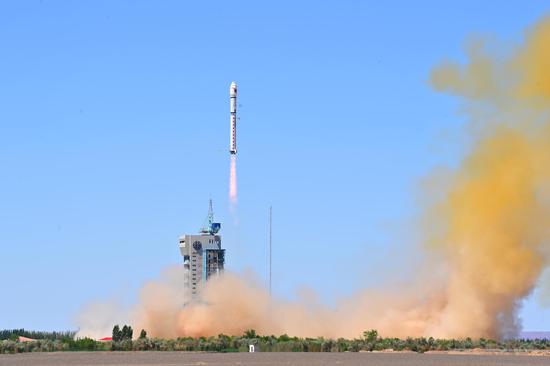









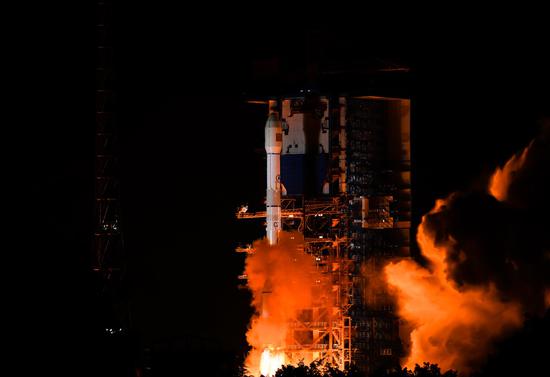
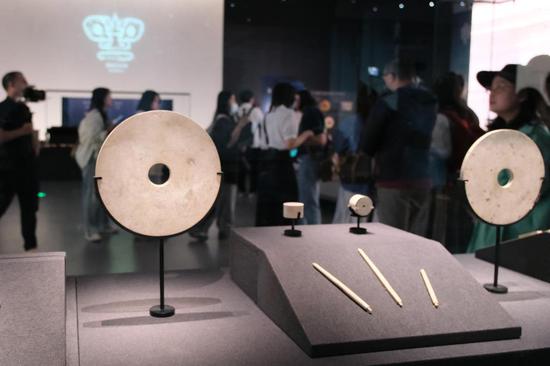


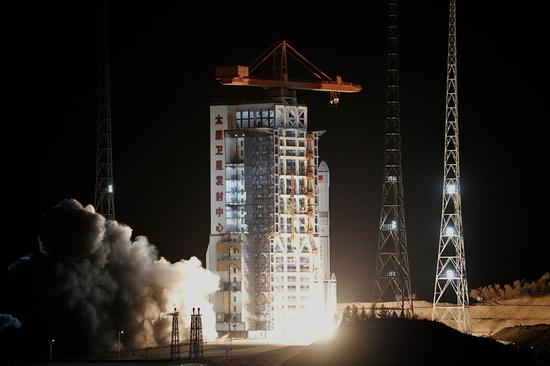





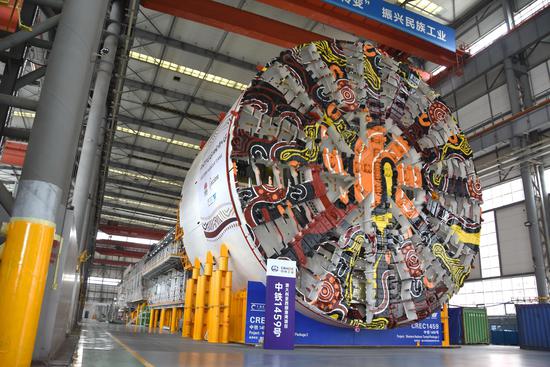













 京公網安備 11010202009201號
京公網安備 11010202009201號